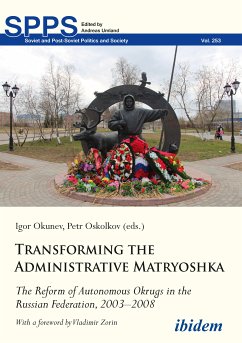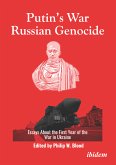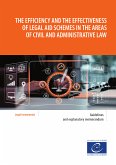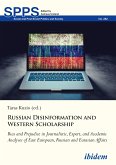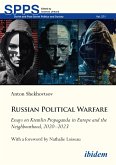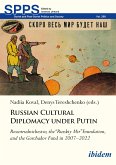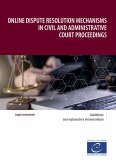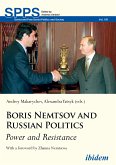This volume delves into a key part of the comprehensive Russian administrative and territorial reform of the 2000s—the merger of six previously separate ethno-national regions into larger constituent entities of the Russian Federation. It deals with the accession of the Komi-Permyak, Taymyr Dolgano-Nenets, Evenk, Agin-Buryat, and Koryak Autonomous Okrugs to the Perm, Krasnoyarsk, Zabaykalsky, and Kamchatka Krais, and of the Ust-Orda Buryat Autonomous Okrug to the Irkutsk Oblast. In both management practice and mass media, the largely similar unifications were treated as unrelated initiatives emerging from inside the regions. The center did initially not offer a common institutional model of integration. The regions had to come up with individual formulas dealing with the merged districts. After the reform had slowed down, it turned out that the annexed territories had only in name obtained special statuses which are not backed by administrative or financial resources. The book addresses specialists in the fields of Russian studies, comparative federalism, and ethnic politics. It makes an especially important reading because it describes and thoroughly analyzes the unique deautonomization case in an ethnic federation. Additional contributors to this volume are Maria Tislenko, Emma Bibina, and Rostislav Shilovsky (all MGIMO University).

